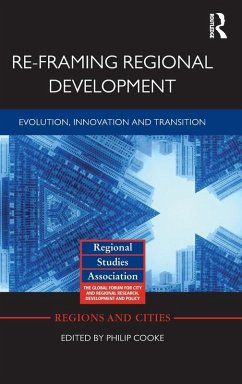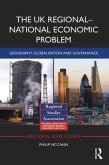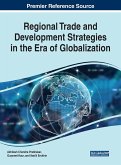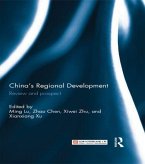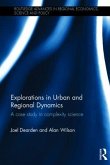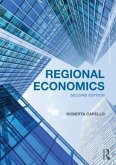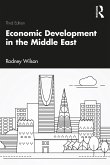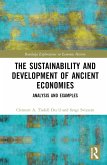This book draws together leading scholars to appraise the core issues confronting regional development, assessing progress across a range of countries and continents and concentrating on five broad themes: - Evolutionary Transition Spaces - Innovation and Diversity - Cluster Emergence and De-stabilisation - Urban and Regional Resilience and Renewal - Evolutionary Spatial Policy Contributors include experts in regional studies from a range of countries including Peter Maskell, Ron Martin and Bj rn Asheim. The result is a state of the art study of territorial development presenting both empirical and theoretical analyses.
Turbulence characterises the current global scene. This book uses complementary theoretical approaches to understand and help prescribe policies to 're-frame' the regional development problem in turbulent times. These approaches are: evolutionary complexity; evolutionary economic geography; emergence theory; and resilience theory. From below, they address the four major crises creating a 'perfect storm' for societies and economics involving: the climate change crisis; the energy crisis; the banking and financial crisis; and the global economic crisis. This book analyses and proposes ways in which regional economies, in particular, are having to be 'reframed' to address these crises. First, many must evolve in new ways, possibly moving back from the 'service economy' towards a new, greener form of manufacturing of goods as well as services. Accordingly, regional economies are innovating in new ways. Amongst these are the quest for 'relatedness' within their own regional orbits, and promoting 'modularity' as a mode of analysis and a policy stance to stimulate innovation across industry and geographical borders. Finally, regional economies and societies are discovering that, from a 'resilience' perspective, they must find answers to the higher levels of governance with which they increasingly struggle. In this respect regional economies are in 'transition' and regional processes are 'emergent'. The transition seeks to address the four crises, involving re-balancing, re-directing and re-framing future policy and practice. This book describes many of the novel 'framings' involved in understanding the new ways in which this major task is being addressed in theory, policy and everyday practice.
Hinweis: Dieser Artikel kann nur an eine deutsche Lieferadresse ausgeliefert werden.
Turbulence characterises the current global scene. This book uses complementary theoretical approaches to understand and help prescribe policies to 're-frame' the regional development problem in turbulent times. These approaches are: evolutionary complexity; evolutionary economic geography; emergence theory; and resilience theory. From below, they address the four major crises creating a 'perfect storm' for societies and economics involving: the climate change crisis; the energy crisis; the banking and financial crisis; and the global economic crisis. This book analyses and proposes ways in which regional economies, in particular, are having to be 'reframed' to address these crises. First, many must evolve in new ways, possibly moving back from the 'service economy' towards a new, greener form of manufacturing of goods as well as services. Accordingly, regional economies are innovating in new ways. Amongst these are the quest for 'relatedness' within their own regional orbits, and promoting 'modularity' as a mode of analysis and a policy stance to stimulate innovation across industry and geographical borders. Finally, regional economies and societies are discovering that, from a 'resilience' perspective, they must find answers to the higher levels of governance with which they increasingly struggle. In this respect regional economies are in 'transition' and regional processes are 'emergent'. The transition seeks to address the four crises, involving re-balancing, re-directing and re-framing future policy and practice. This book describes many of the novel 'framings' involved in understanding the new ways in which this major task is being addressed in theory, policy and everyday practice.
Hinweis: Dieser Artikel kann nur an eine deutsche Lieferadresse ausgeliefert werden.

